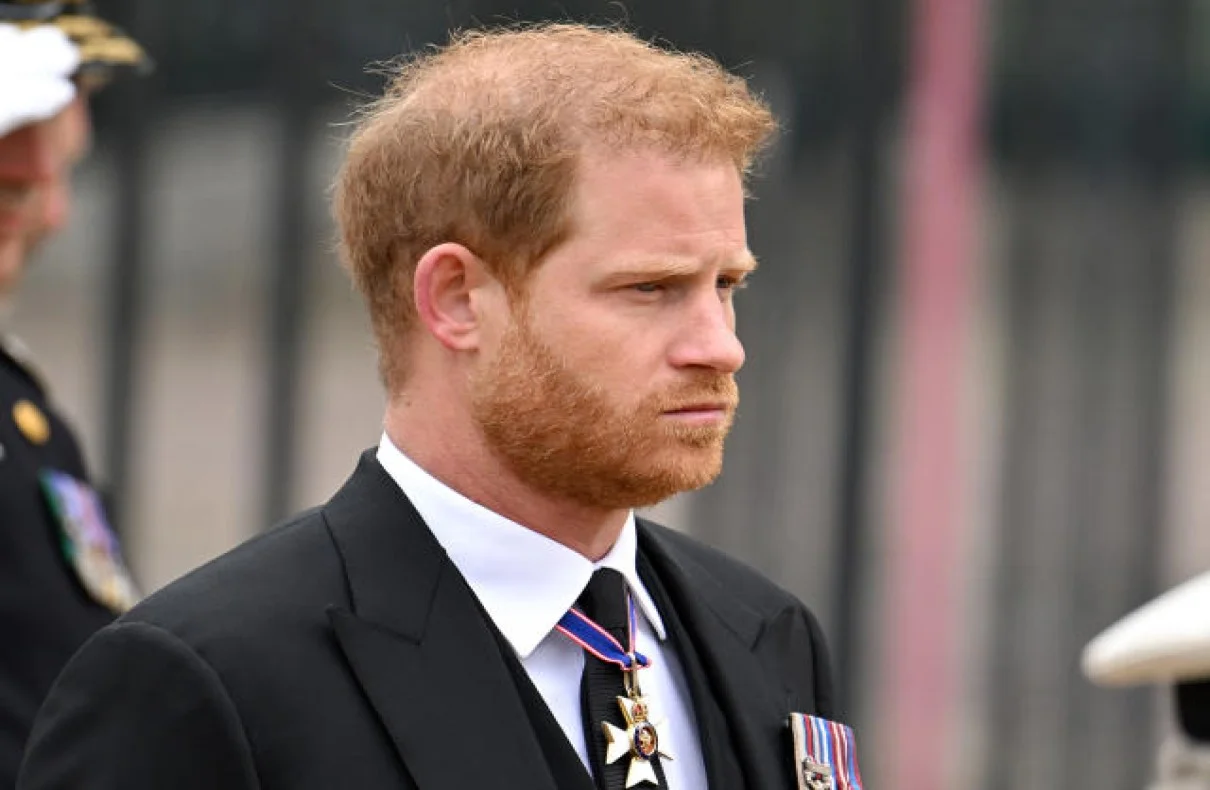
Prince Harry, the Duke of Sussex, has been embroiled in a legal battle with the UK government over his right to automatic police protection while in the country. This contentious issue has raised questions about the level of security afforded to the royal family and the impact it has on their personal safety.
Since his departure from the UK and the British royal family, Prince Harry has been residing in California with his wife, Meghan Markle, and their two children. However, on his visits back to the UK, he has sought to maintain his right to automatic high-level police protection. The Duke of Sussex argued that he was unfairly treated when the government decided to revoke this privilege.
$100k in Valuables Stolen From ‘Princess Bride’ Star Cary Elwes’ Home
Prince Harry’s legal team contended that he was “singled out” and treated “less favorably” in the decision, which meant he would no longer receive the same level of taxpayer-funded personal protective security during his visits. They further claimed that the government failed to conduct a thorough risk analysis and consider the potential impact of a successful attack on him. According to Prince Harry’s lawyers, this approach to his protection was both “unlawful and unfair.”
After a lengthy legal battle, the High Court delivered its ruling on Prince Harry’s case. Retired High Court judge Sir Peter Lane rejected the Duke of Sussex’s claims, stating that the government had not acted unlawfully in changing his security status. The court determined that the decision to revoke Prince Harry’s automatic police protection was not irrational, and there was no procedural unfairness involved.
Sir Peter Lane also emphasized that even if procedural unfairness had occurred, it would not have substantially changed the outcome for Prince Harry. The judge stated, “Even if such procedural unfairness occurred, the court would, in any event, be prevented from granting the claimant Prince Harry relief.”
The ruling has significant implications for Prince Harry’s future visits to the UK, particularly concerning the security arrangements for him and his family. The Duke of Sussex had expressed his desire to bring his children, Archie and Lilibet, to Britain, hoping they would feel at home in the country of their heritage. However, the court’s decision means that Prince Harry will no longer have automatic high-level police protection during these visits.
It is important to note that Prince Harry has not had his security completely removed. He is entitled to police protection on a “case-by-case” basis, meaning that security arrangements will be assessed and determined according to individual circumstances. The judge deemed this approach to be rational and in line with the Duke of Sussex’s security needs.
Prince Harry’s legal battle has shed light on the opaque nature of security decisions and the committee responsible for determining protection for the royal family and other VIPs. Very little is known about Ravec, the Executive Committee for the Protection of Royalty and Public Figures, which operates under the authority of the Home Office. The lack of transparency in this process has been a point of contention for Prince Harry, who believed it led to unfairness in his case.
The court proceedings regarding security measures and assessments were mostly held in private, with the public and press excluded due to the sensitivity of the evidence. The ruling itself also contained redacted sections to protect the individuals involved and national security interests. This secrecy has added to the overall complexity of the case and the difficulty in understanding the decision-making process.
Following the unfavorable ruling, Prince Harry’s legal team announced their intention to appeal the judgment. The Duke of Sussex remains committed to seeking justice through the Court of Appeal. However, it is crucial to note that Prince Harry is not seeking preferential treatment but rather a fair and transparent assessment of his security needs.
Princess Love and Ray J: A Rollercoaster Journey of Love and Divorce
In a statement, Prince Harry’s spokesperson expressed his hope for a favorable outcome in the Court of Appeal and reiterated that the Duke of Sussex would refrain from making further comments while the case is ongoing. This determination to pursue justice highlights the significance of the issue at hand for Prince Harry and his family.
Prince Harry’s legal battle raises broader questions about the level of security provided to the royal family and how it may evolve in the future. As members of the royal family navigate their public and private lives, ensuring their safety remains a paramount concern. The court’s ruling in Prince Harry’s case sets a precedent for the approach to security arrangements for other members of the royal family and VIPs.
The ongoing discussions surrounding security measures will likely involve a careful balance between the need for protection and the public’s interest. As the world changes and security threats evolve, it is crucial to continually reassess and adapt security protocols to ensure the safety of the royal family and maintain public confidence.
